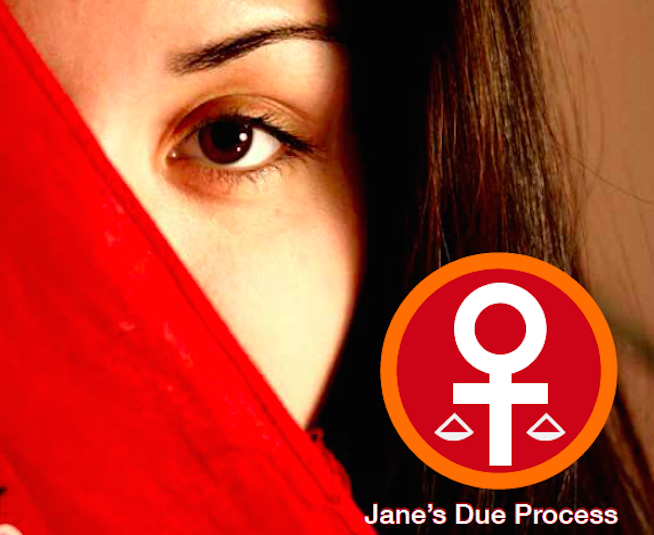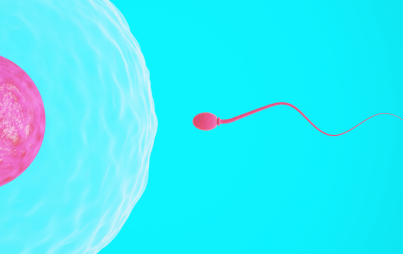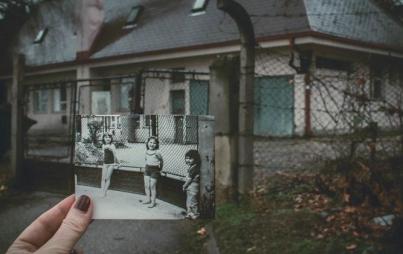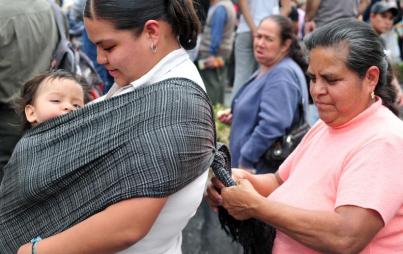
A few months ago, I was lucky enough to have an email from Jane's Due Process cross my virtual desk. There is usually some sort of protocol involved with setting up these interviews, but as soon as I read what Jane's Due Process did, I immediately went THIS IS IMPORTANT WE NEED TO INTERVIEW THEM RIGHT EXACTLY NOW. So we did. It's taken a while to get the interview ironed out and up on the site, but I am so happy that we are able to spread the word about such an incredible organization.
In their own words, Jane's Due Process is "a non-profit organization dedicated to ensuring legal representation for pregnant minors in Texas." This means helping single mothers, emancipated mothers, and girls seeking abortions who are unable to receive the parental consent required by the state of Texas in order to do so. Basically: Jane's Due Process helps a lot of girls and children live better, healthier lives. They give pregnant girls a space to make the choice that is right for them, which is pretty much what reproductive justice is all about. I talked with Emily Rooke-Ley, hotline coordinator and and case manager of JDP, about the organization and the work we can do to help.
Tell us a bit about Jane's Due Process. How did it get its start? What services do you provide?
Jane’s Due Process is a statewide non-profit organization dedicated to ensuring all pregnant teens receive fair treatment under the law. Though we offer a wide range of services, from emancipation information to parenting and adoption referrals to advocacy for Title IX violations, our primary service, guidance for judicial bypass applicants, has developed through an intense need.
Texas law states that any pregnant minor seeking an abortion must receive the written consent of one parent or legal guardian. If obtaining consent is not feasible (most often because of abuse or abandonment), the minor has the opportunity to petition the courts for her right to an abortion. This is called a judicial bypass.
Jane’s Due Process started in 2001, just after Texas passed its parental involvement law. The organization exists to provide teens with experienced and compassionate legal representation free of charge, as well as case management to ensure that the teen faces no barriers in funding or transportation for her court and clinic appointments. Through a statewide network of trained referral attorneys and a full-time case manager on staff, JDP is able to provide each and every teen with expeditious and comprehensive care.
Has the recent Planned Parenthood controversy inspired more conversations about reproductive rights in your community? What is Jane's Due Process' role in that conversation?
I think it’s certainly drawn more people into the discussion, just because it’s been in the news so much. That’s one positive — it’s created an opportunity to have conversations with people about this issue who otherwise would probably never engage in such a discussion. Within the reproductive rights community, however, I think it’s just engendered more frustration; instead of focusing on progressing forward — with whatever projects or programs a pro-choice organization might be working on — we’re having to waste time defending ourselves against these pathetic attacks.

Like most organizations involved in reproductive rights and women's health, Jane's Due Process has a robust set of services involved with all aspects of pregnancy and parenting, not just those dealing with abortion. How can we help the cultural narrative of reproductive rights reflect this variety?
I think it’s so important for people to remember that “pro-choice” really does mean that we want women to feel supported in whatever pregnancy option they choose. If a teen becomes pregnant and wants to continue her pregnancy, let’s make sure she has access to the proper pregnancy and prenatal care. If she wants to terminate her pregnancy, let’s make sure she has access to the proper abortion care. It’s all about what the woman wants.
I think it’s also really important to remember that there are not, by any means, two different kinds of women. That is, there’s not one type of woman who wants to abort and another type who wants to give birth. Six in 10 women who have an abortion are already mothers. Many of the teens who come to us for help terminating their pregnancies say explicitly that they want to be mothers in the future. My mother had an abortion before having me and my two brothers, my friends who are now mothers have had abortions, I had an abortion and I can’t wait to be a mother when I’m out of my early 20s. So let’s say it again and again: having an abortion doesn’t mean you can’t be a mother.
Many people are aware of abortion rights, but are not understanding of why they matter. How do we raise awareness that also cultivates an empathetic and understanding approach to the issue?
Talk, talk, talk! I guarantee you, regardless of socioeconomic class, religion, political party, race, or gender, you know someone — probably someone you love — who has had an abortion. I feel so strongly that this is how we begin to change the conversation; when people can connect an issue to someone they love, they can begin to feel empathy and compassion. That’s how minds change.
How has social media affected the way that Jane's Due Process works?
Aside from increased outreach, it’s given us the platform to tell the stories of the young women that we serve. This is so important. As abortion storytelling becomes more commonly used as a method for destigmatization, we see an enormous gap in those voices. Teens — especially those seeking judicial bypasses — face the most intense barriers when accessing abortion care, yet their voices are seldom heard. Blogging, Facebook, Twitter, and Instagram have given us a platform to (confidentially) share these.

Jane's Due Process provides legal help for rights that are available to minors, but not necessarily accessible. How can we educate ourselves and others about our reproductive rights?
You’re right. I think many people don’t know much about abortion laws until they need an abortion themselves and then suddenly discover all of the (absurd) barriers. We find this particularly true with parental involvement laws. Again, more conversation about abortion will increase knowledge. So too, there are some great, very accessible resources that can help people understand the laws in their state. Guttmacher is the first that comes to mind — I use them all the time. They’re always up-to-date about all the abortion laws and restrictions in every state. The National Abortion Federation is also great resource, especially for finding an abortion clinic in your state. If you’re in Texas, Jane’s Due Process keeps an up-to-date map of all abortion clinics and health centers where teens can get birth control without parental consent (these are called Title X clinics).
What can people do to help Jane's Due Process?
At the risk of sounding like a broken record, I’ll say it again: talk! Even within the reproductive rights community, I think a lot of people don’t know about parental involvement laws and just how hard it is for teens to access abortion. Parental involvement laws exist in 38 states, but only a few states actually have an organization in existence to help these young women. That brings me to my second suggestion: start a JDP in your state! I guarantee you, you need it. Finally — and you had to know this was coming — donate. These young women will thank you with bright, self-determined futures.







